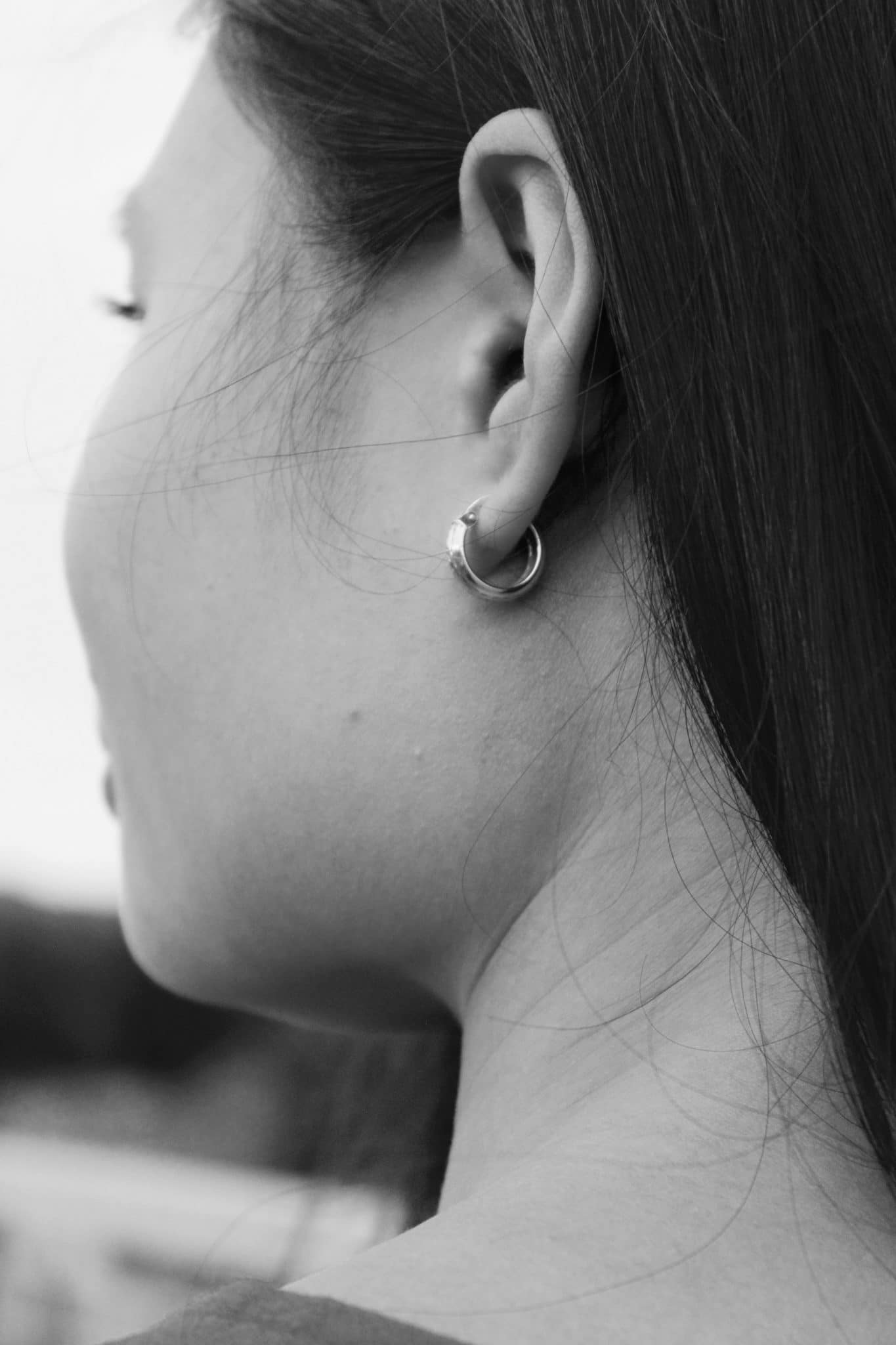While less common than childhood ear infections, adults can develop ear infections as well. Understanding the symptoms of this condition can ensure you seek treatment quickly, as adult ear infections can be a sign of a more serious medical condition.
Ear Infection Types
Your ear is made up of three parts: the outer, middle and inner ear. An infection can form in any part.
Outer Ear Infection
Otitis externa often starts as an itchy rash on the visible part of your ear. This type of infection occurs when water becomes trapped in the ear, usually after swimming or bathing. This buildup of water can become a breeding ground for bacteria.
An outer ear infection can cause your ear to become:
- Painful
- Tender
- Red
- Swollen
Middle Ear Infection
Your middle ear is the area behind your eardrum. If fluid becomes trapped behind the eardrum, you may experience:
- Earache
- Sensation of fullness
- Fluid drainage
- Fever
A cold or other upper respiratory illness can cause your eustachian tubes to swell. These tubes connect to the back of your throat and help regulate the air pressure inside your ears. If inflamed, your ears cannot drain properly, and fluid can build up and press against your eardrum.
Inner Ear Infection
Caused by inflammation, the condition diagnosed as an inner ear infection is usually not an actual infection. Symptoms include:
- Dizziness
- Nausea
- Vomiting
Trouble in the inner ear can be the sign of a more serious condition such as meningitis.
Ear Infection Treatment
The cause of your infection dictates your treatment.
Wait-and-See Approach
If your only symptom is an earache, experts recommend waiting a few days to see if the discomfort resolves on its own. After a few days, if you are still in pain or if you develop a fever, seek medical attention.
Medication
These will be prescribed if your doctor believes your symptoms are caused by a bacterial infection. This includes oral antibiotics as well as antibiotic ear drops. Over-the-counter pain medication and anti-inflammatory drugs can be used to manage your symptoms.
Ear Infection Prevention
Your ENT doctor recommends following these tips to prevent an ear infection:
- Stop smoking
- Manage your allergy symptoms
- Practice proper hand hygiene
- Keep your ears clean
- Dry your ears thoroughly after swimming or bathing
To learn more about treating your adult ear infection or to schedule an appointment with an ear doctor, contact Carolina Ear, Nose, Throat, Sinus & Allergy today.
